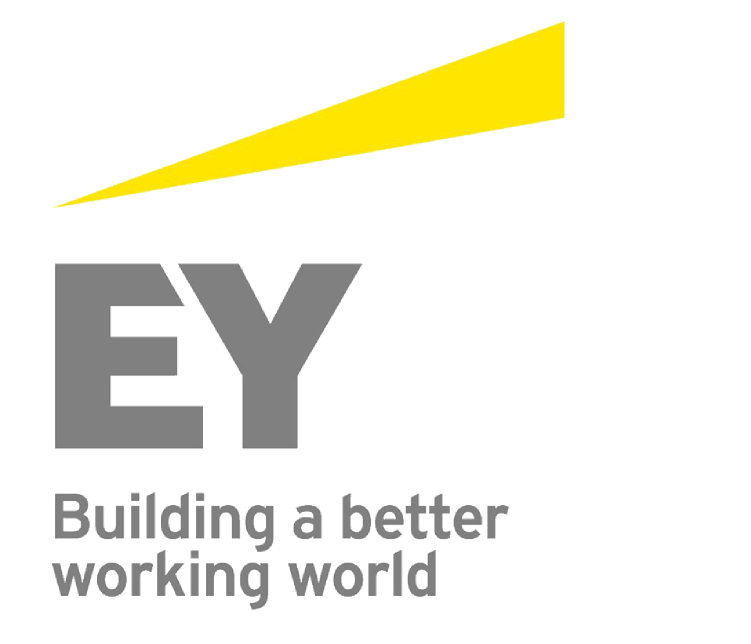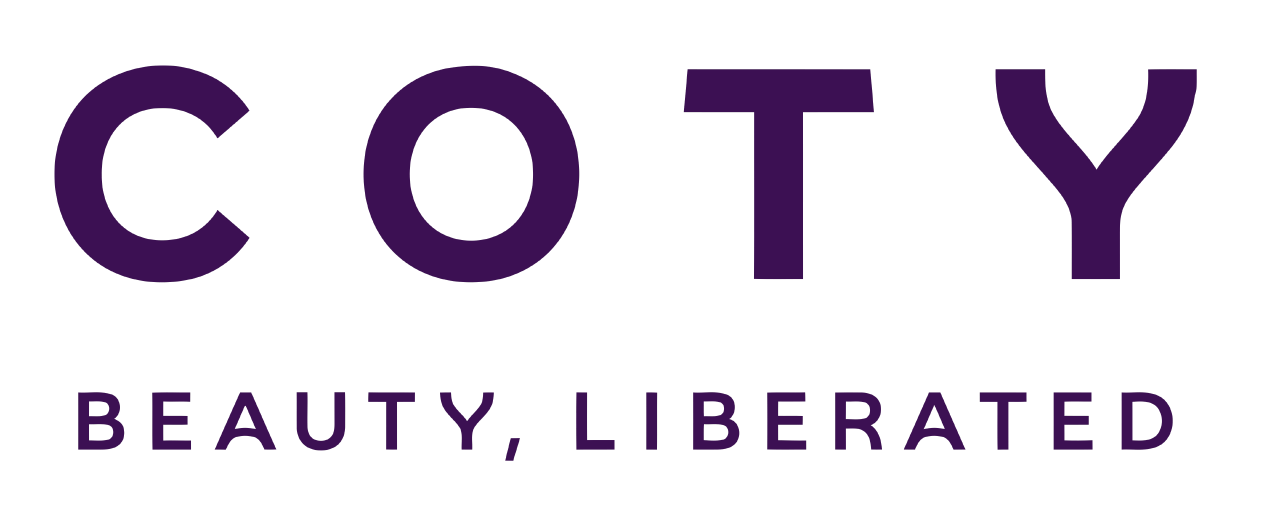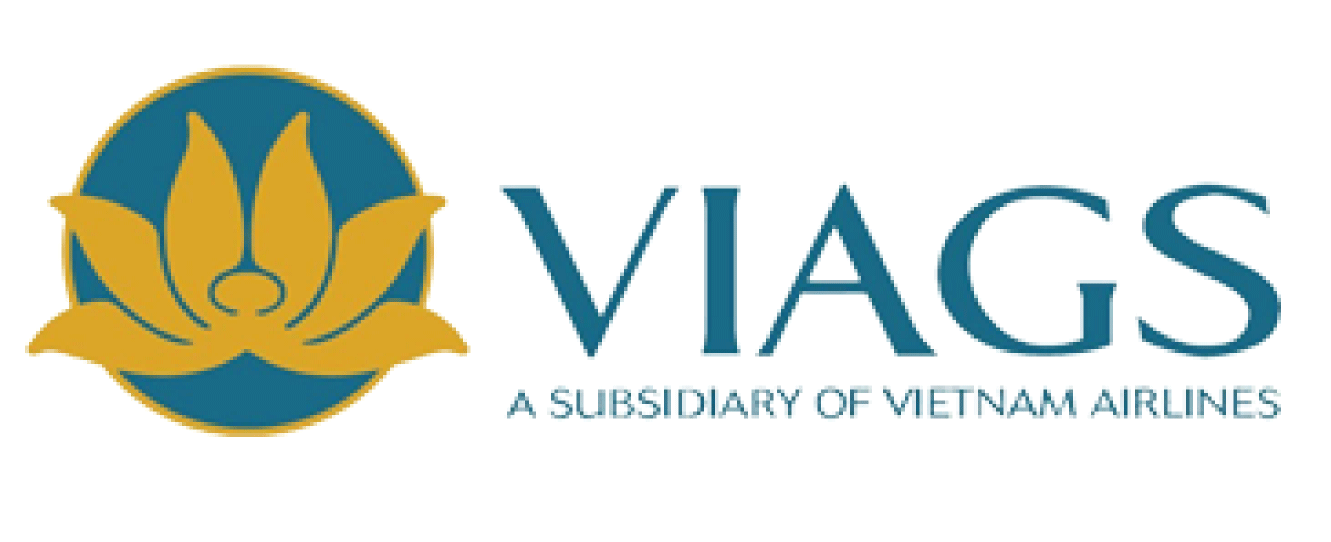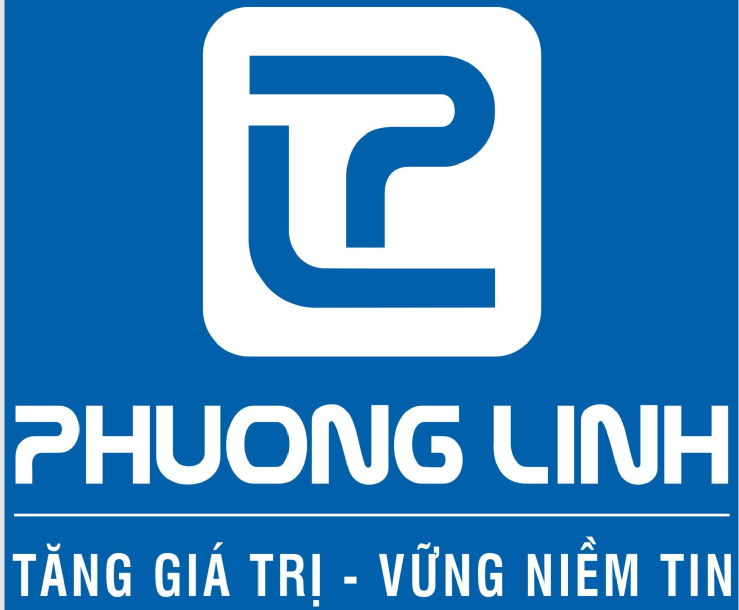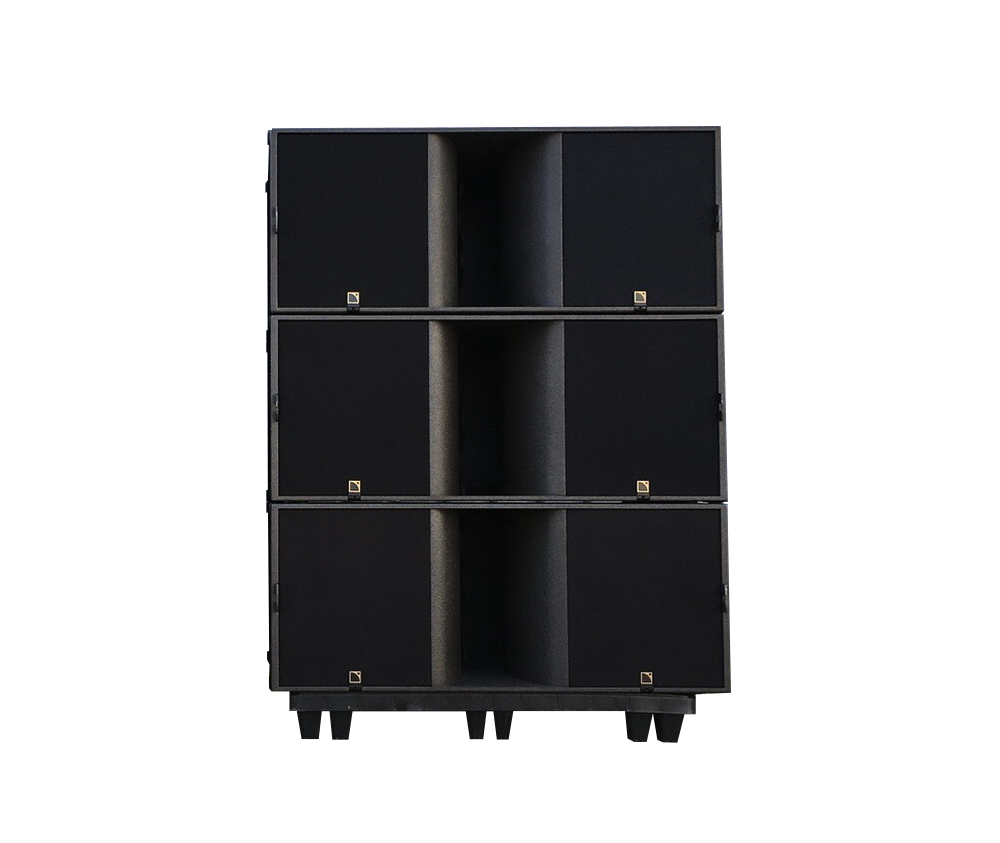Event planning checklist: Free template and how-to guide
May 23, 2025
A well-structured event planning checklist is the secret to a successful event. Whether you're hosting any events, having a clear checklist can help you stay organized, on schedule, and within budget. In this article, AV Vietnam provides a complete event planning checklist, a free template, and a step-by-step guide to ensure your event runs smoothly from start to finish.
Download a free event planning checklist
AV Vietnam offers a detailed, free event planning checklist to simplify your planning process and ensure you do not miss any critical steps.
6–12 months before the event
-
Define your event goals and objectives
-
Set a preliminary date and identify potential event venues
-
Establish a realistic budget and identify funding sources
-
Create an initial planning team and assign key roles
-
Develop an event concept or theme that aligns with your goals
-
Begin drafting the event timeline and key deadlines
3–6 months before the event
-
Finalize the event date, time, and venue contract
-
Contact and confirm keynote speakers, performers, or VIPs
-
Begin outreach to sponsors, partners, or collaborators
-
Develop branding assets: logo, tagline, and core messaging
-
Launch event website or landing page with initial information
-
Coordinate with vendors: catering, décor, AV, photography
1–3 months before the event
-
Send out invitations or open registration
-
Finalize signage, print materials, and promotional items
-
Organize transportation, accommodation (if applicable), and logistics
-
Schedule walkthroughs with the venue and vendors
-
Prepare contingency plans for weather, tech issues, or cancellations
-
Begin social media and email marketing campaigns
2–4 weeks before the event
-
Confirm final headcounts and share logistics with vendors
-
Print all name tags, badges, programs, and agendas
-
Conduct final venue inspection and tech rehearsals
-
Distribute internal briefing documents and run-of-show
-
Coordinate volunteer or staff training
1–2 days before the event
-
Set up the venue: staging, registration area, signage, displays
-
Test AV systems, internet connection, livestream (if any)
-
Confirm arrival times for all vendors and key participants
-
Prepare welcome kits, guest materials, or event swag
-
Run through the entire schedule with your team
Day of the event
-
Arrive early to oversee setup and troubleshoot issues
-
Welcome attendees and manage registration/check-in
-
Monitor event flow and provide real-time support as needed
-
Coordinate with speakers, caterers, media, and volunteers
-
Capture event photos or videos for post-event use
After the event
-
Send thank-you emails to attendees, sponsors, and partners
-
Conduct a team debrief to discuss what went well and what to improve
-
Collect attendee feedback via surveys or interviews
-
Share event recap on social media and with media outlets
-
Finalize budget reconciliation and vendor payments
-
Archive documentation and update your checklist for future events

Event planning checklist
How to create an event planning checklist
A thoughtful, step-by-step approach is essential to creating an effective event planning checklist. Follow up right now!
Set event goals
Every successful event begins with a clear objective. Setting goals provides direction and helps define the tone, format, and structure of your event. Ask yourself: What is the purpose of this event? Is it to launch a new product, strengthen internal engagement, generate leads, or celebrate a milestone?
Your goals should align with the broader strategy of your organization and be specific, measurable, achievable, relevant, and time-bound. Establishing your target audience is equally important, as it will guide your decisions on content, timing, venue, and even the type of entertainment or guest experience. Once your goals are clear, they become the foundation for every item that follows on your checklist.
Create an event list and budget
Once your goals are established, the next step is to list all the elements your event will require and start building a detailed budget. This includes everything from venue costs, audio-visual equipment, and staging, to catering, printed materials, décor, staffing, and contingency expenses.
Mapping out your needs early helps you avoid surprises later. Start by identifying essential items and researching market rates to estimate realistic costs.
At AV Vietnam, we help clients streamline this process with all-in-one event equipment rental packages, including event setup, LED screens, sound and lighting systems, furniture, tents, and more, customized to fit your scale and budget. Contact (+84) 939.311.911 for the best consultation solution.
Design the event aesthetic
The visual identity of your event plays a major role in leaving a lasting impression. This includes your event’s theme, color scheme, branding elements, and overall atmosphere. A cohesive aesthetic helps communicate your message clearly and makes your event feel professional and intentional.
Think about how your stage design, signage, lighting, table setups, and giveaways can reflect your brand and appeal to your guests. Consistency across all touchpoints, from printed invitations to digital screens and uniforms, reinforces your image and makes the event memorable.
Arrange food and beverages
Food and beverages are often among the most anticipated parts of any event, and getting them right can significantly enhance the guest experience. Start by considering the type of food service that fits your event: light refreshments for a workshop, buffet for a casual gathering, or plated courses for a gala dinner.
Make sure to accommodate dietary restrictions and plan service timing carefully to avoid bottlenecks. Work closely with caterers to ensure quality, presentation, and hygiene standards are met.
It’s a good idea to schedule a tasting session beforehand, especially for high-profile events. Don’t overlook beverages, water stations, coffee corners, and bar service (if applicable), all play into the overall comfort of your guests.

Arrange food and beverages
Plan entertainment activities
Entertainment brings energy and emotion to any event. Be sure to consider your guests’ preferences and integrate performances smoothly into the schedule. A well-timed musical or artistic act not only adds excitement but also creates lasting impressions that enhance your event’s overall impact.

Plan entertainment activities
Marketing and promotion plan
Start by identifying your key channels: email marketing, social media, digital ads, media partnerships, or PR campaigns. Your messaging should highlight what makes your event unique and include clear calls to action for registration or participation. Create a timeline that spans pre-event buzz, ongoing engagement, and last-minute reminders.
Visual consistency is important here - use event branding in all materials. Track engagement and sign-ups to see what works, and be ready to adjust strategies as needed. Promotion isn’t just about visibility; it’s about generating excitement and building anticipation.
Find and hire vendors and event staff
Begin sourcing suppliers early, including those for catering, equipment rental, décor, transportation, and printing. Choose professionals who are reliable, responsive, and experienced in your event type.
For staff, determine how many hands you’ll need for roles like registration, ushering, tech support, and security. Hiring staff through a trusted network like AV Vietnam ensures that every role is filled with trained individuals who understand how to operate under pressure. Clear contracts, shared timelines, and consistent communication with all partners will keep everyone aligned and reduce the risk of last-minute issues.

Find and hire vendors and event staff
Build an event program and timeline
Your program should outline every activity and include precise time slots for each session, break, and transition. Think through the flow of the event: how guests arrive, where they go next, and how each moment connects to the next. Allow buffer time between segments for setup or overrun, and highlight key responsibilities for each team member. Sharing this timeline with staff, vendors, and speakers in advance ensures that everyone is on the same page.
Prepare for event day
The days leading up to your event are critical for final checks and last-minute adjustments. Use this time to confirm vendor arrival times, finalize attendance lists, print all necessary materials, and conduct technical run-throughs.
Walk through the venue with your team to rehearse the flow and identify potential problem areas. Pack an event day kit with essentials like extra name tags, tape, chargers, first aid, and printed schedules. Set up early to allow time for troubleshooting and have designated point people for each area. Communicate the final plan clearly to all stakeholders so that when the event day comes, your team can execute confidently and calmly.

Prepare for event day
Collect feedback and analyze event performance
Evaluating your event’s performance is key to improving future efforts. Send out feedback surveys to attendees, partners, and internal teams. Ask about what went well, what could be improved, and how the event met expectations. Review key metrics such as attendance rates, engagement levels, social media reach, and return on investment.
Host a debrief meeting with your core team to reflect and document insights. Thank all contributors and share a recap report with stakeholders. At AV Vietnam, we support clients through the entire event lifecycle, including post-event analysis, to ensure continuous improvement and long-term success.
Example of an event planning checklist process
To understand how an event planning checklist works in action, let’s walk through a simplified example of how a corporate seminar might be organized using the checklist process.
It begins with setting clear goals - in this case, the company wants to host a half-day seminar to educate clients about a new service and strengthen existing relationships. With that objective, the planning team defines the target audience, sets a date three months in advance, and begins outlining the major requirements of the event.
Next, the team establishes a budget that includes venue rental, AV equipment, printed materials, catering, and speaker fees. They identify a modern, centrally located conference room and book it early. At the same time, they contact vendors for sound systems, backdrops, tables, and refreshments. A consistent branding aesthetic is developed, with customized signage and digital screens reflecting the seminar theme.
Marketing starts one month before the event through email campaigns, social media teasers, and direct invitations to VIP clients. Simultaneously, the team builds a detailed run-of-show that includes registration, opening remarks, keynote presentations, Q&A sessions, coffee breaks, and a short networking hour at the end. Entertainment might be minimal, perhaps limited to background music or a short video showcase of the brand's milestones.
In the days leading up to the event, the team confirms final attendance, prints name badges and agendas, tests AV systems, and holds a full rehearsal with staff and speakers. On the event day, a dedicated coordination team handles setup, guest welcome, and flow management to ensure everything runs smoothly.
After the seminar, feedback forms are sent out, and a debrief meeting is held to review the event’s success based on attendee satisfaction and lead generation. All documents and learnings are archived to improve future events. This example shows how each phase of the checklist supports smooth execution, turning a complex event into a well-managed experience from start to finish.
Sample Corporate Seminar Planning Checklist
|
Phase |
Tasks |
|
3 Months Before |
Define goals and audience, book venue, draft budget, and assign responsibilities |
|
2 Months Before |
Confirm speakers, contact vendors (AV, catering, decor), and design event visuals |
|
1 Month Before |
Launch invitations and marketing, finalize the agenda, and program flow |
|
2 Weeks Before |
Confirm guest list, print materials, and schedule technical rehearsal |
|
1 Day Before |
Set up venue, test equipment, brief staff and volunteers |
|
Event Day |
Manage registration, coordinate program flow, and support speakers and guests |
|
1–3 Days After |
Send thank-you emails, collect feedback, and conduct team debriefs |
>> Read more: Conference Planning Checklist: Everything You Need from A-Z
An effective event planning checklist is more than just a tool, it’s the backbone of a well-executed event. It helps your team stay organized, confident, and in control of events.
At AV Vietnam, we do more than provide checklists, we bring your events to life. With nearly 17 years of experience in professional event solutions, we offer full-service support including event concept development, equipment rental, technical setup, visual design, and on-site coordination. Let us help you turn your next event into a seamless, memorable success - on time, on budget, and beyond expectations.

